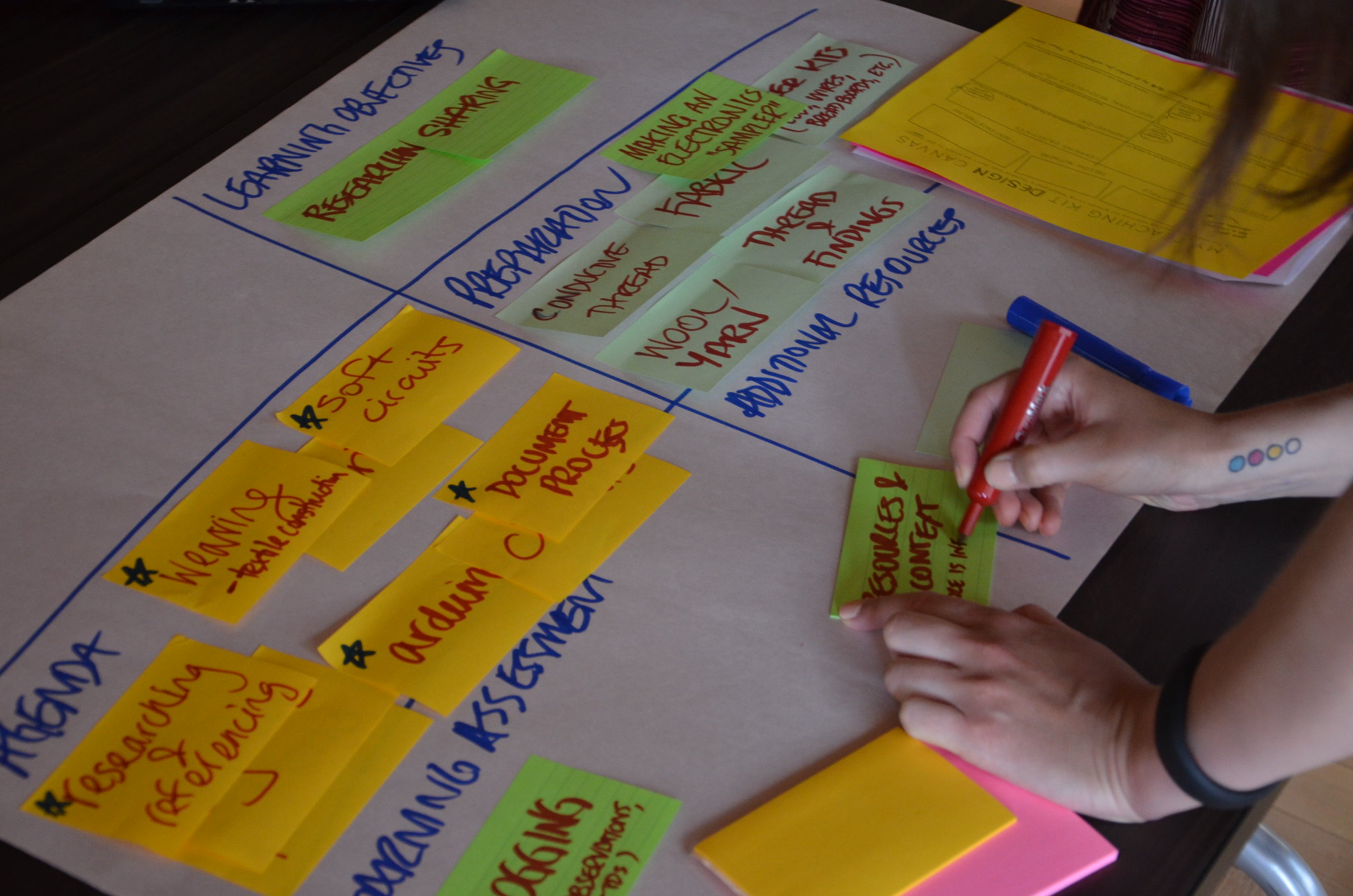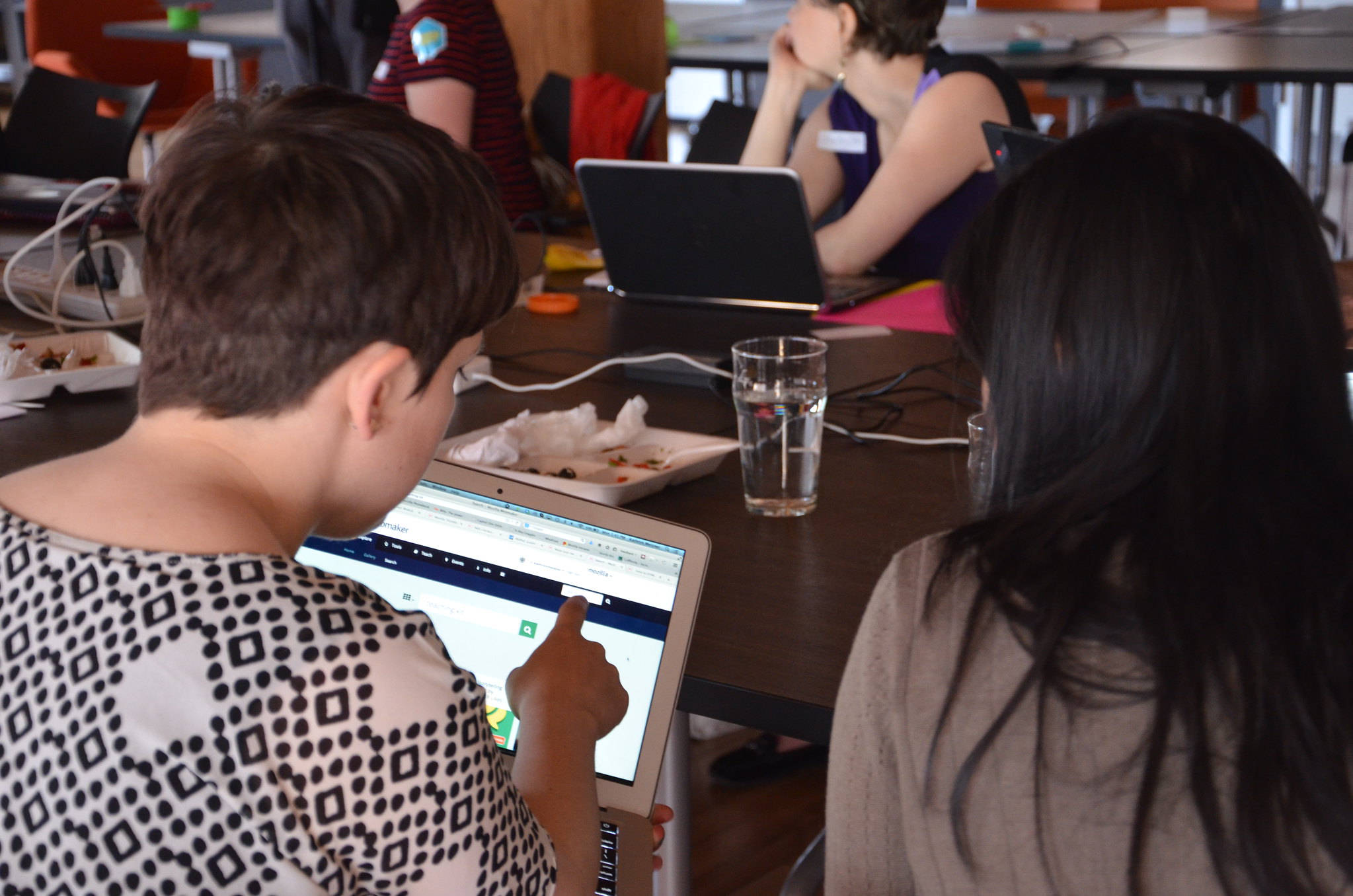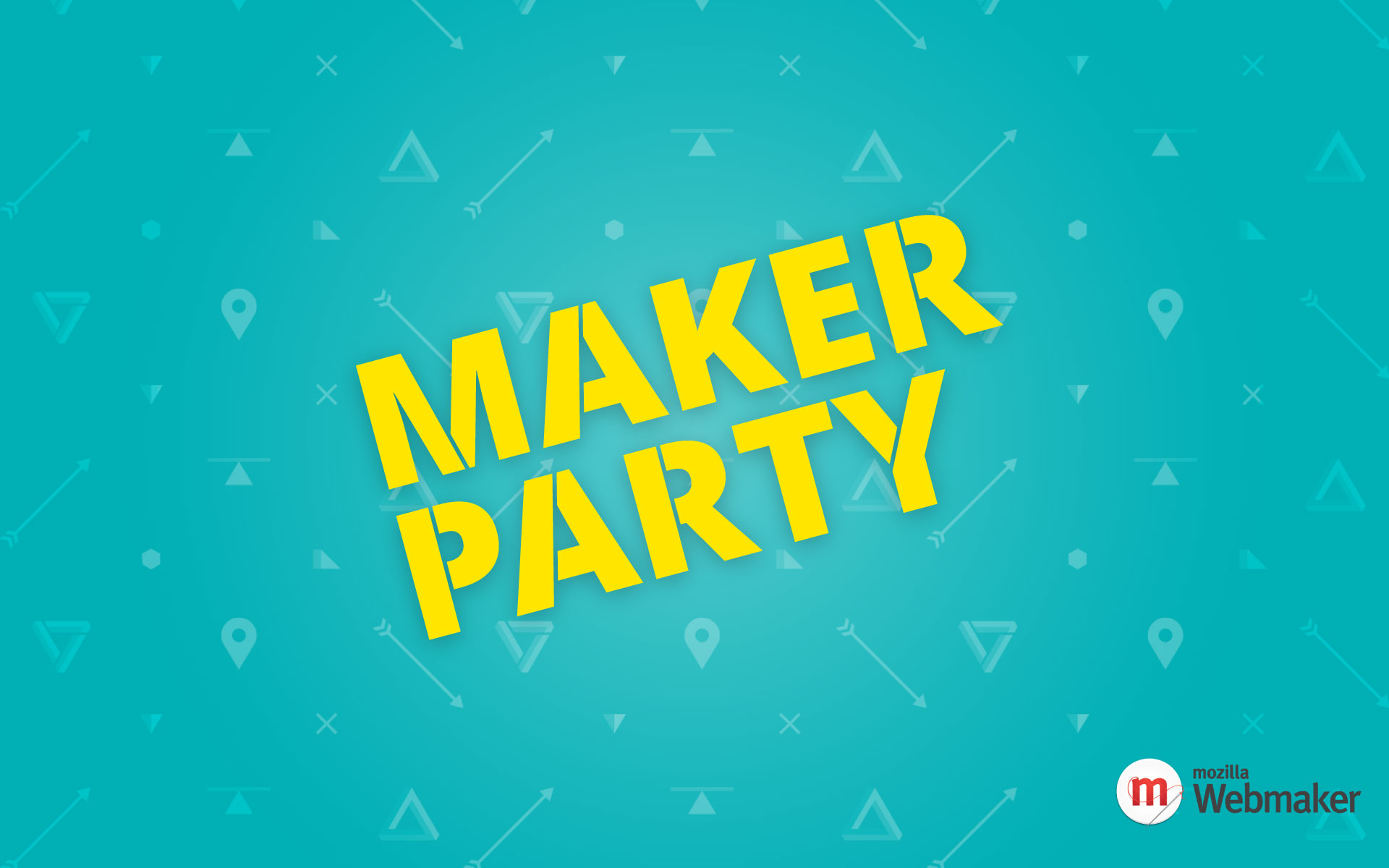
Lo-Fi No-Fi! Teaching Kit
Mozilla
Global
2014
Role:
Researcher
Designer
Methods:
User research
Paper prototyping
Service design
User personas
A/B testing
Mozilla
Global
2014
Role:
Researcher
Designer
Methods:
User research
Paper prototyping
Service design
User personas
A/B testing
Mozilla’s work is underpinned by the philosophy that digital learning happens best through making and doing. In 2010, Mozilla launched Webmaker, a campaign to promote cultural and civic aspects of digital participation through community coding gatherings called Maker Parties, and a suite of open source tools that taught web literacy skills for free such as coding and design. In these tools - X-Ray Goggles, Thimble, Popcorn Maker, and Appmaker - users were invited to publish, ‘fork’, and remix their own creative projects.
To support new users working with the Webmaker tool-set, my team was responsible for building Open Educational Resources (OERs) informed by user research in collaboration with local communities. An example is the Lo-Fi No-Fi! Teaching Kit, which we designed to help educators teach digital literacy trainings while working in low-fidelity and/or offline environments. Its featured activities - which included simple electronics hacking, creative game making, code recipes, urban storytelling and mobile design approaches - were designed to be deployed with limited internet connection, using basic tools commonly found in most classrooms such as paper, tape, scissors and post-it notes.
Our development of the Lo-Fi No-Fi! Teaching Kit was informed by several months of service design and paper prototyping workshops in partnership with educators working in the field, from Toronto to Mumbai. These global collaborations helped us consider the pain points and possibilities of our prototypes, and we launched 3 more iterations of the kit based on their user insights.
To support new users working with the Webmaker tool-set, my team was responsible for building Open Educational Resources (OERs) informed by user research in collaboration with local communities. An example is the Lo-Fi No-Fi! Teaching Kit, which we designed to help educators teach digital literacy trainings while working in low-fidelity and/or offline environments. Its featured activities - which included simple electronics hacking, creative game making, code recipes, urban storytelling and mobile design approaches - were designed to be deployed with limited internet connection, using basic tools commonly found in most classrooms such as paper, tape, scissors and post-it notes.
Our development of the Lo-Fi No-Fi! Teaching Kit was informed by several months of service design and paper prototyping workshops in partnership with educators working in the field, from Toronto to Mumbai. These global collaborations helped us consider the pain points and possibilities of our prototypes, and we launched 3 more iterations of the kit based on their user insights.









